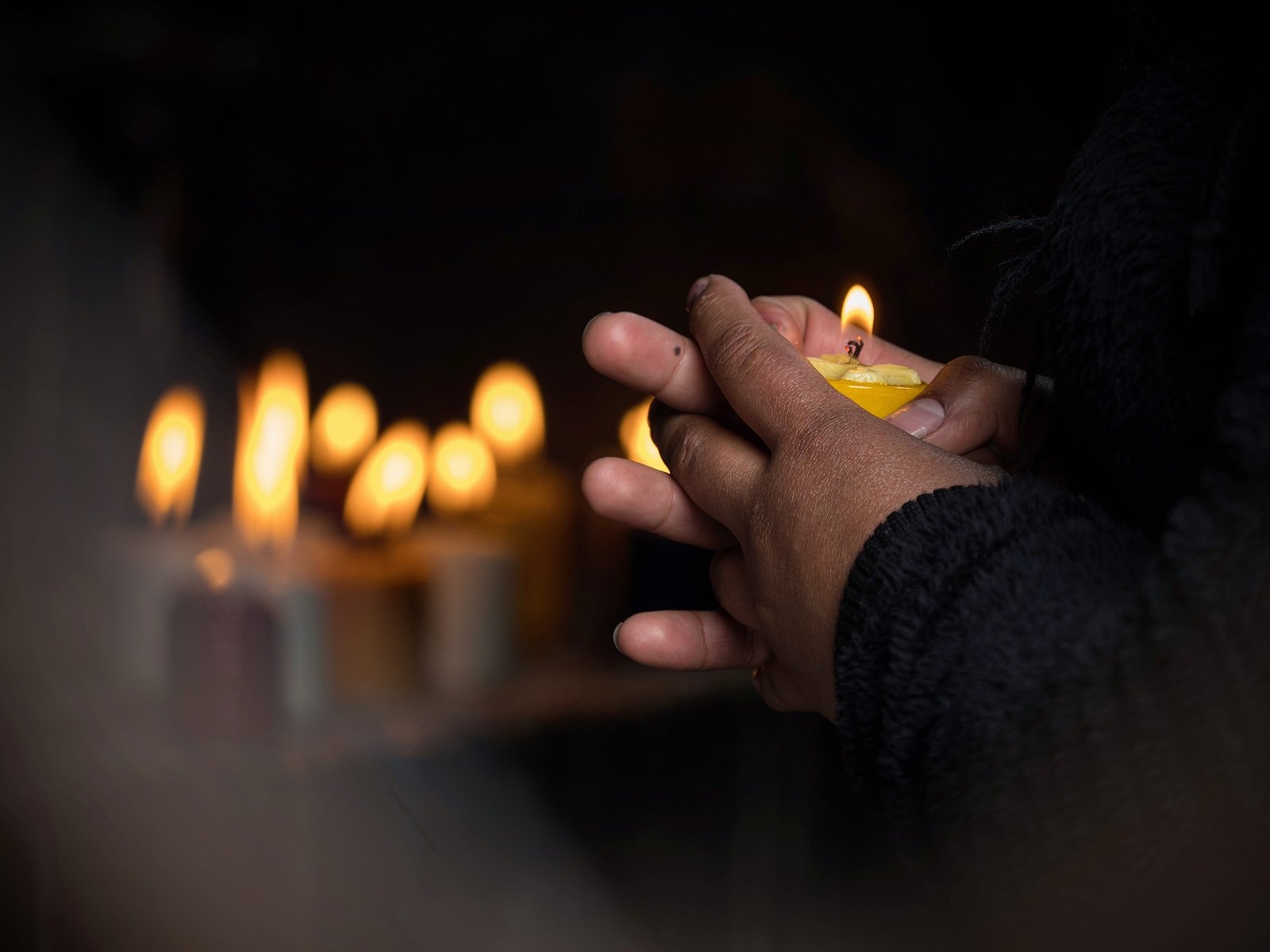Traumatic Grief and Saying Goodbye to Reservation Dogs
I was so sad to hear the most recent season of Reservation Dogs is now it’s last. Stories of Indigenous people are scarce and this was a gem of a show diving into the lives of young people with a sense of humor and spiritual storytelling you just don’t see anywhere else these days.
In season one, we are introduced to the “Rez Dogs”, a group of teenagers who are the latest generation living in a small town of the Muscogee Nation.
Most days they are out fighting and committing crimes. But quite quickly, you realize that they're in the throes of grieving their best friend, Daniel, who recently died by suicide. The rest of the season, the cast is making efforts to follow through on the dream Daniel was so passionately trying to make a reality: leaving the reservation and starting a life near the beaches of California.
Among the many themes this show tackles, one of the most prominent is traumatic grief. Not only is each character using different ways of coping with their loss, they continue to experience adversity in their lives associated with living on the reservation. They also demonstrate the profound ways that their ancestry and community become a source of healing and guidance.
What is Traumatic Grief?
Traumatic grief is a complex and intensified form of mourning that occurs when a person experiences the death of a loved one in a particularly distressing or traumatic manner. It combines the overwhelming sorrow of grief with the symptoms of post-traumatic stress disorder (PTSD).
In traumatic grief, individuals often struggle with intrusive and distressing thoughts or images related to the death, intense emotional pain, a sense of disbelief or shock, and difficulty accepting the reality of the loss. They may also experience heightened anxiety, sleep disturbances, and difficulty functioning in their daily lives. Traumatic grief can result from various traumatic events, such as sudden accidents, acts of violence, or natural disasters, and it can be particularly challenging to navigate due to the dual burden of grief and trauma.
Reservation Dogs effectively portrays how these young characters navigate their grief, showing that it's not just about sadness but also about anger, guilt, and the search for closure.
What is Cognitive Processing Therapy (CPT)?
Cognitive Processing Therapy (CPT) is a widely recognized and evidence-based therapeutic approach designed to help individuals cope with the effects of trauma, including traumatic grief. It has been extensively used in the treatment of veterans with PTSD and has proven effective in addressing a wide range of trauma-related issues.
How CPT Works
CPT is based on the idea that our thoughts and feelings are interconnected. It helps individuals identify and change negative thought patterns that contribute to their emotional distress. Here's how it can be beneficial for someone dealing with traumatic grief:
Identifying Distorted Thoughts: In CPT, you'll work with a trained therapist to identify thoughts that might be keeping you stuck in your grief. These thoughts can include guilt, blame, or unrealistic expectations about the past.
Challenging Negative Beliefs: Once you've identified these thoughts, CPT helps you challenge them. For example, if you're feeling guilty about not being able to prevent a tragic event, your therapist will guide you in exploring whether that guilt is justified.
Gaining Perspective: CPT encourages you to gain a new perspective on the traumatic event and your grief. This can help you understand that while you can't change the past, you can change how you think about it and how it affects your present.
Developing Coping Skills: CPT equips you with coping skills to manage overwhelming emotions. It teaches techniques like deep breathing, mindfulness, and grounding exercises to help you stay in the present moment and reduce anxiety.
Processing Emotions: One of the key elements of CPT is processing emotions related to trauma and grief. Talking about your feelings in a safe and supportive environment can be a crucial step in the healing process.
Improving Relationships: Coping with traumatic grief can strain relationships with family and friends. CPT can help you communicate better with loved ones and find support in your social network
Dealing with traumatic grief is never easy, but Cognitive Processing Therapy offers a way to cope with the emotional aftermath. It can help you untangle the web of negative thoughts and emotions, ultimately leading to a brighter future. As we follow the journeys of these young characters on Reservation Dogs, we can also reflect on the potential for healing in our own lives.
Begin Working With A Trauma Therapist in New York, NY
Traumatic grief may be a daunting adversary, but with the right support and therapeutic tools, it is possible to find a path toward recovery, just as the characters in this remarkable show strive to do. Remember, it's okay to ask for help and take steps toward a healthier, happier life. I would be happy to offer support from my New York, NY-based practice. Start your therapy journey by following these simple steps:
Contact me to schedule a 15-minute phone call to see if we could be a good fit
Meet with me, a skilled therapist for your first session
Start overcoming traumatic grief!
Other Services Offered At Restority Space
At Restority Space, I offer more than just trauma therapy for my clients. I offer the care women may need when it comes to their mental health online in both New York and New Jersey. This is why I offer Individual Therapy to help women cope with their anxiety, depression, unhealthy relationships, and any major life transitions. I also provide services for those struggling with a breakup. I’m also happy to provide Group Therapy to help women find a sense of belonging and for more support. My group services include a Therapy Group For New Mothers and a Therapy Group For Black Women. To learn more check out my blog and other resources!



